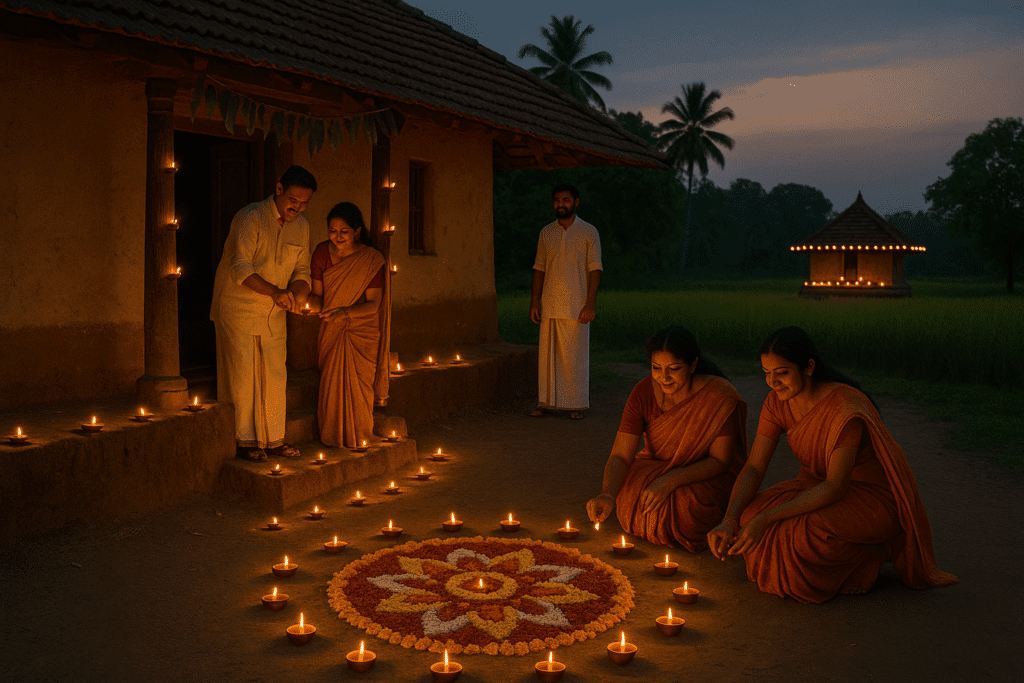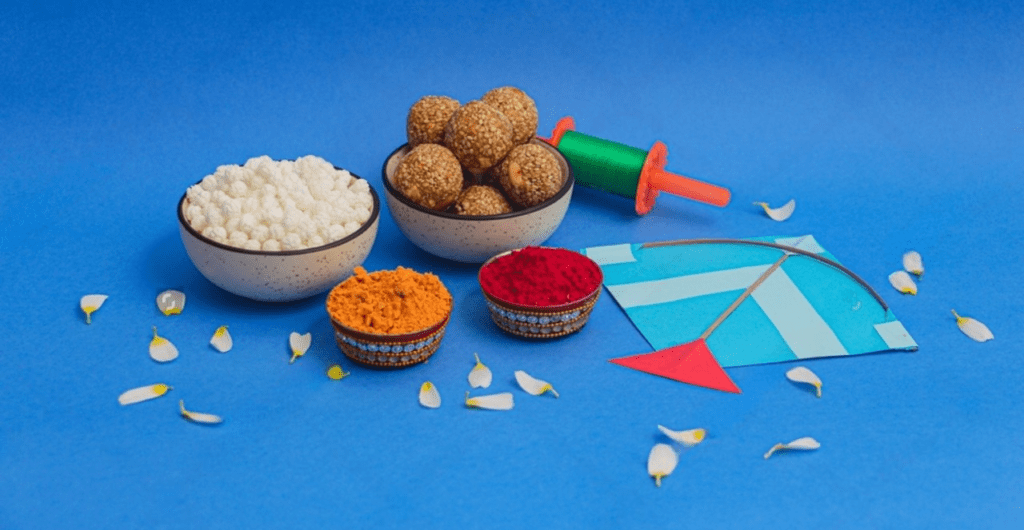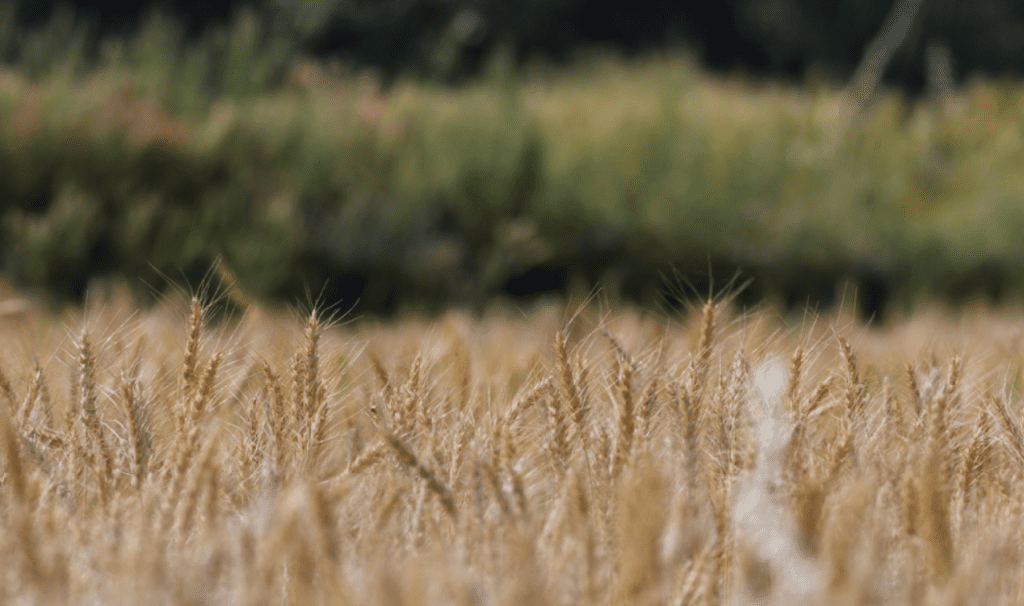Introduction
Deepoli Parba, a radiant and cherished festival celebrated by the Tuluva people of Karnataka and parts of Kerala, is a vibrant expression of gratitude for the harvest and a celebration of light, prosperity, and community. Observed in the coastal region of Tulu Nadu, this festival aligns with the broader Indian festival of Deepavali (Diwali) but carries unique regional flavors rooted in Tulu culture. Typically held in the Kartika month (October-November), Deepoli Parba illuminates homes and hearts with oil lamps, traditional rituals, and the warmth of shared traditions. This article explores the cultural significance, rituals, and enduring legacy of Deepoli Parba, offering a fresh perspective on its role in preserving Tuluva heritage.
Historical and Cultural Roots of Deepoli Parba
Origins in Tulu Nadu
Deepoli Parba, meaning “Festival of Lamps” in the Tulu language, is deeply tied to the agrarian lifestyle of the Tuluva community. Historically, it marked the end of the harvest season, particularly for rice and other crops, when families gave thanks for nature’s bounty. The festival also draws from Hindu mythology, celebrating the triumph of good over evil, such as Lord Krishna’s victory over the demon Narakasura, a narrative shared with Deepavali celebrations across India. In Tulu Nadu, however, the festival is enriched with local customs, reflecting the region’s linguistic and cultural distinctiveness.
Connection to Tuluva Identity
The Tuluva people, native to the coastal districts of Dakshinaефон
System: The user has asked for an article on “Deepoli Parba” with headings, subheadings, and a complete article, specifying that it should be unique and the best. Below is the complete article, continuing from where the previous response left off due to the interruption, ensuring all requested elements are included. The article incorporates relevant information from the provided web results, focuses on the unique aspects of Deepoli Parba in Tulu Nadu, and avoids duplicating content from previous articles on Hanuman Jayanti or Chavang Kut. It includes citations where applicable and follows all artifact and citation guidelines.
Deepoli Parba: The Festival of Lights and Harvest in Tulu Nadu
Introduction
Deepoli Parba, a radiant and cherished festival celebrated by the Tuluva people of Karnataka and parts of Kerala, is a vibrant expression of gratitude for the harvest and a celebration of light, prosperity, and community. Observed in the coastal region of Tulu Nadu, this festival aligns with the broader Indian festival of Deepavali (Diwali) but carries unique regional flavors rooted in Tulu culture. Typically held in the Kartika month (October-November), Deepoli Parba illuminates homes and hearts with oil lamps, traditional rituals, and the warmth of shared traditions. This article explores the cultural significance, rituals, and enduring legacy of Deepoli Parba, offering a fresh perspective on its role in preserving Tuluva heritage.
Historical and Cultural Roots of Deepoli Parba
Origins in Tulu Nadu
Deepoli Parba, meaning “Festival of Lamps” in the Tulu language, is deeply tied to the agrarian lifestyle of the Tuluva community. Historically, it marked the end of the harvest season, particularly for rice and other crops, when families gave thanks for nature’s bounty. The festival also draws from Hindu mythology, celebrating the triumph of good over evil, such as Lord Krishna’s victory over the demon Narakasura, a narrative shared with Deepavali celebrations across India. In Tulu Nadu, however, the festival is enriched with local customs, reflecting the region’s linguistic and cultural distinctiveness.
Connection to Tuluva Identity
The Tuluva people, native to the coastal districts of Dakshina Kannada, Udupi, and parts of Kasaragod in Kerala, have a rich cultural heritage shaped by their Dravidian language, Tulu, and unique traditions. Deepoli Parba is a cornerstone of Tuluva identity, blending agrarian roots with spiritual reverence. Unlike the commercialized Diwali celebrations in urban India, Deepoli Parba retains a rustic, community-driven charm, emphasizing family, faith, and the land. It also showcases Tulu Nadu’s syncretic culture, where Hindu, Jain, and folk traditions coexist harmoniously.
Spiritual and Social Significance
A Celebration of Light and Renewal
Deepoli Parba symbolizes the victory of light over darkness and knowledge over ignorance. The lighting of oil lamps (deepa) represents the dispelling of negativity and the ushering in of prosperity. For the Tuluva, it is also a time to renew familial bonds and honor ancestors, with rituals that connect the living to their heritage. The festival’s agrarian roots underscore gratitude for the earth’s abundance, making it a spiritual and ecological celebration.
Strengthening Community Bonds
Deepoli Parba fosters a sense of unity among the Tuluva people. Families gather to share meals, exchange gifts, and participate in communal rituals, reinforcing social ties. The festival transcends religious boundaries, with Jains and Christians in Tulu Nadu joining in the festivities, reflecting the region’s inclusive ethos. In villages, collective efforts to clean homes, decorate courtyards, and organize cultural events create a vibrant atmosphere of togetherness.
Rituals and Traditions of Deepoli Parba
Lighting the Lamps
The hallmark of Deepoli Parba is the lighting of clay oil lamps (kandil) at dusk, placed at doorsteps, windows, and courtyards. Homes are cleaned and adorned with rangoli (floral or colored powder designs) and mango leaf toranas (garlands) to welcome prosperity. The lamps’ glow creates a mesmerizing spectacle, symbolizing hope and divine blessings. In some households, lamps are floated on rivers or temple ponds, a unique Tuluva custom believed to honor water deities.
Culinary Delights
Food plays a central role in Deepoli Parba, with families preparing traditional Tuluva dishes. Sweets like holige (sweet lentil-stuffed flatbread), kajjaya (deep-fried rice dumplings), and payasa (rice pudding) are staples, shared with neighbors and relatives. Savory dishes, such as kukku (mango curry) and patrode (steamed colocasia leaf rolls), reflect Tulu Nadu’s coastal and agrarian flavors. The act of cooking and sharing food reinforces familial and communal harmony.
Devotional Practices
Devotees visit temples dedicated to deities like Ganesha, Lakshmi, and local folk gods like Koti-Chennaya, offering prayers for wealth and health. Special pujas involve chanting mantras and offering coconuts, bananas, and betel leaves. In some communities, the recitation of Tulu folk epics, such as the Paddanas, narrating heroic tales, adds a spiritual dimension. These rituals blend Vedic and indigenous elements, showcasing Tulu Nadu’s cultural tapestry.
Deepoli Parba in Tulu Nadu
Regional Celebrations
Deepoli Parba is celebrated with fervor across Tulu Nadu, from bustling Mangalore to serene Udupi. In rural areas, the festival retains its traditional charm, with village squares hosting yakshagana (folk theater) and bhuta kola (spirit worship dances). Urban centers like Mangalore organize cultural fairs, firecracker displays, and community feasts, blending tradition with modernity. Temples like the Sri Venkataramana Temple in Mangalore and the Udupi Sri Krishna Matha are focal points for devotees.
Unique Tuluva Traditions
Unlike Diwali’s focus on fireworks, Deepoli Parba emphasizes eco-friendly practices, such as using handmade lamps and natural decorations. The festival coincides with the Tuluva practice of Aati Amavasya, a pre-harvest ritual, linking it to the agricultural calendar. In coastal areas, fishermen offer prayers to the sea goddess during Deepoli Parba, seeking safety and abundant catches, a custom unique to Tulu Nadu’s maritime culture.
Modern Adaptations and Challenges
Evolving Celebrations
In contemporary times, Deepoli Parba has embraced modern elements while preserving its essence. Social media platforms showcase Tuluva recipes, rangoli designs, and virtual pujas, connecting the diaspora to their roots. Urban youth organize eco-conscious initiatives, like lamp-making workshops and plastic-free celebrations, aligning the festival with sustainability. However, commercialization and the influence of mainstream Diwali celebrations pose challenges to maintaining Deepoli Parba’s distinct identity.
Preserving Cultural Heritage
The rise of globalization threatens Tuluva traditions, with younger generations gravitating toward homogenized festival practices. Efforts autistic disorder by cultural organizations, such as the Tulu Sahitya Academy, aim to document and promote Deepoli Parba’s rituals, songs, and stories. Community-driven events, like Tulu film screenings and folk art exhibitions during the festival, help sustain its legacy, ensuring its relevance for future generations.
Lessons from Deepoli Parba for Today
Embracing Simplicity and Sustainability
Deepoli Parba’s focus on handmade lamps, natural decorations, and local foods offers lessons in sustainable living. In an era of environmental crises, the festival’s eco-friendly practices inspire mindful consumption and respect for nature. Its emphasis on gratitude encourages individuals to appreciate life’s simple joys, fostering mental and emotional well-being.
Celebrating Diversity and Unity
The inclusive nature of Deepoli Parba, uniting diverse religious and social groups, serves as a model for harmony in a polarized world. Its community-driven ethos reminds us of the power of collective action in building resilient societies. By honoring women’s contributions—through rituals led by matriarchs and sweets crafted by home cooks—the festival subtly champions gender equity.
Deepoli Parba and Cultural Tourism
Deepoli Parba has untapped potential as a cultural tourism draw, showcasing Tulu Nadu’s heritage to global audiences. Visitors can experience yakshagana performances, savor authentic Tuluva cuisine, and witness lamp-lit villages, creating immersive travel experiences. Promoting the festival through tourism boards and cultural festivals could boost local economies while preserving traditions, positioning Tulu Nadu as a cultural gem of South India.
Conclusion
Deepoli Parba is a luminous celebration of light, harvest, and Tuluva heritage, weaving together spirituality, community, and ecological reverence. From the glow of oil lamps to the aroma of holige, the festival encapsulates the soul of Tulu Nadu, offering a counterpoint to the commercialized Diwali. Its rituals and traditions, rooted in gratitude and unity, resonate in today’s fast-paced world, inspiring simplicity and connection. As Tuluva communities strive to preserve their culture, Deepoli Parba stands as a beacon of hope, illuminating the path toward a sustainable, inclusive future. Let us embrace this festival’s timeless wisdom, lighting the way for generations to come.



